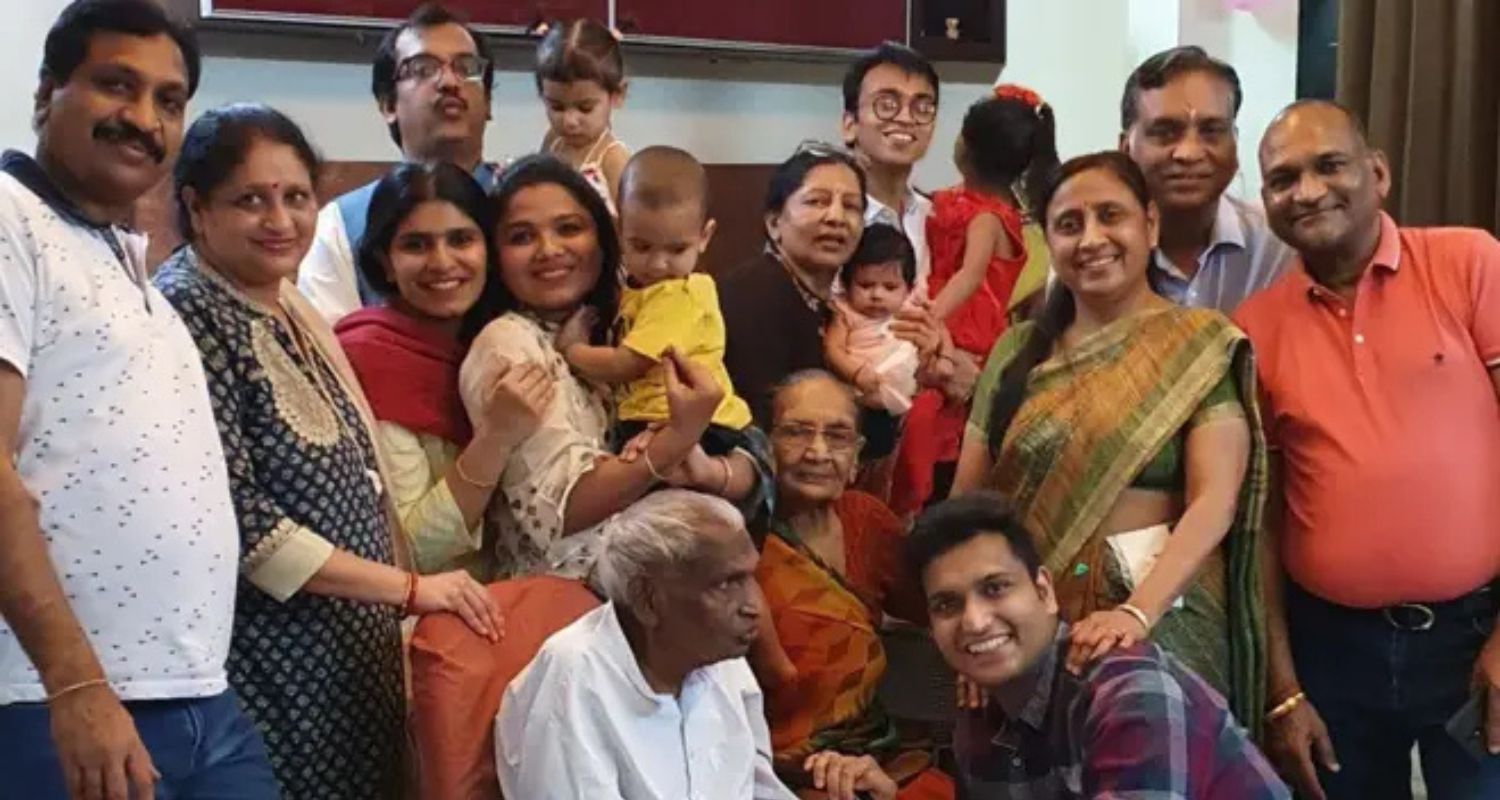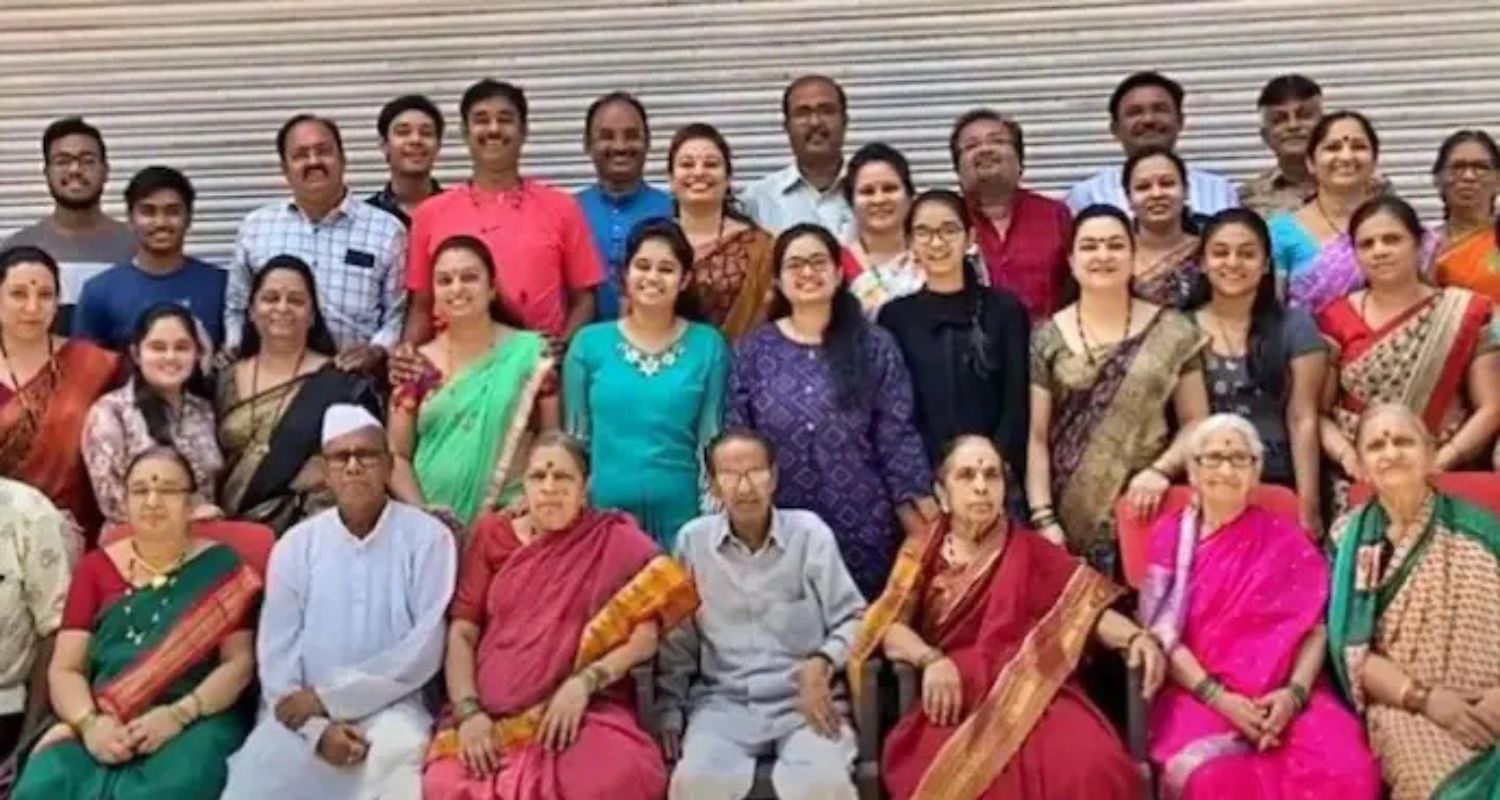Every Indian household comes with its own signature soundtrack — whether it's the high-pitched whistle of the pressure cooker or the unmistakable thud of mummy’s chappal hitting the floor. On May 15, as the world observes the International Day of Families, it’s time to pause and celebrate the vibrant, messy, deeply loving world of Indian family life — a space filled with drama, comfort, and unfiltered joy.
Mummy Ki Chappal: The Great Equaliser
In an Indian home, mummy’s chappal transcends roles — it’s part discipline, part emotional expression. Whether you're a sulky teen with earbuds in or an elder sibling pushing buttons, the chappal is a symbol of justice. Forget “timeouts” — Indian moms practice “I told you so,” often served with hot aloo parathas. Beneath every scolding lies a mountain of love and a perfectly packed tiffin.

Papa’s “Main Tumhare Umar Mein…” Speeches
Indian fathers may not wear their hearts on their sleeves, but they express love in their own understated ways. Their go-to move? A nostalgic life lecture beginning with “Main tumhare umar mein…” that subtly drifts into moral science territory. Their love is felt in quiet gestures — the last piece of paneer reserved for you, or your vehicle mysteriously serviced without mention.
Tiffin Politics: A Matter of National Interest
Food diplomacy runs deep in Indian households. Paneer distribution becomes a matter of fairness. Why did bhaiya get more poha? Who packed less sabzi? Lunchboxes become miniature battlegrounds, and dare you forget to return the tiffin from school or office — it’ll be mentioned at every festival until the next calendar year.
The Great Indian Cousin Collective
Even in nuclear setups, cousins form an unofficial but ever-active support squad. They’re the ones who mock you at weddings, cheer for you in interviews, and dig up your most embarrassing photos at just the wrong moments. From late-night secrets to shared punishments, they’re your fiercest critics and loudest cheerleaders all rolled into one.

Dadi-Nani's Emotional Tactics and Timeless Remedies
Grandmothers in India are master negotiators, known for blending guilt with blessings. They’ll make you skip a Goa trip for a religious ritual, only to slip a Rs. 500 note into your hand. Their remedies span generations — turmeric for heartbreak, hing for stress, and jaggery for bad grades. Their superpower? Making you feel both scolded and loved at once.
Sibling Rivalries and Secret Pacts
Indian siblings are trained young in the arts of espionage, blackmail, and temporary truces. They’ll steal your Maggi, report you to mummy, and still be your shield when you're caught red-handed. From who gets the TV remote to who gets the last piece of cake — the cold wars are real, but so are the lifelong alliances.
The 24/7 Family WhatsApp Group
Buzzing with "Good Morning" messages, unverified facts, blurry wedding photos, and birthday reminders, the Indian family WhatsApp group is a digital version of a living room conversation — chaotic, loud, and emotionally charged. Muted, yet never ignored. It's the one place where emojis are law, and punctuation is optional.
Festival Frenzy and Family FOMO
In Indian homes, festivals are more than rituals — they’re community events. The house fills with smells, selfies, and surprises. From decorating diyas with mum to arguing over Holi playlist rights, every tradition is layered with laughter. You might groan at early morning poojas now, but once you're far from home, it's the first thing you'll miss.
Love, Marriage, and the "Log Kya Kahenge" Syndrome
From the moment you turn 21, you’re on the family’s matrimonial radar. Whether single, mingling, or “just friends,” someone’s bound to ask, “Shaadi kab karoge?” Your love life is a topic of general discussion, dissected like a soap opera, debated like politics. It’s exhausting — but it stems from a desire to see you “settled,” in whatever traditional format they imagine.
Also Read: "Peanuts for appraisals?" Zepto & Co's meme wins Internet




